Mrs. Nguyen Thi Thiet's tea garden in Yen Bai commune, Hanoi city. Photo: VGP/Thien Tam
Since 1989, when Mrs. Nguyen Thi Thiet's family and many other households moved to the new economic zone in Yen Bai commune, tea trees have become a "close friend" closely associated with the lives of the people here. After being allocated land for production by the state, Mrs. Thiet boldly introduced the PH1 tea variety to plant on an entire area of about 1,000 square meters. Thanks to the cool, fresh climate all year round and suitable soil, along with meticulous care with composted organic fertilizer, the tea trees quickly took root, grew well, bringing a stable source of income to many families, and at the same time forming a specialty tea area of the old Ba Vi district.
Since 1990, not only producing for her family, Mrs. Thiet has also been purchasing raw tea for the locals. But to change the habit of small-scale, rudimentary production to making safe green tea is a long journey full of hardships and challenges. Because the local people are used to traditional methods and are not interested in new techniques, and the market is unstable, it is not easy to mobilize the locals.
But the land does not disappoint people, after many years of persistently pursuing the tea growing profession, by 2015, the traditional tea craft village of Yen Bai was recognized. This is a great source of encouragement for Ms. Thiet and other producers to have more motivation to develop clean tea in an organic direction, meeting the increasing demand of consumers. By 2021, Ms. Thiet and some dedicated households established the Phu Yen - Yen Bai Tea Cooperative.
In 2024, after many years of perseverance, Ms. Thiet officially launched the brand "Tri Ky Green Tea", a name that evokes the closeness of tea makers with tea plants. The product quickly became known to consumers and continued to be certified with 3-star OCOP. This result has contributed to creating a brand for the product and affirming the position of Yen Bai tea in the market.
Although the journey of promoting and consuming tea still faces many difficulties due to lack of capital and limited access to consumers, Ms. Thiet and other households in Yen Bai commune are not discouraged. On the contrary, she is still diligently researching and learning tea roasting and organic tea processing techniques, with the aspiration to build a tea brand with its own identity for her family and hometown.
The difference of Tri Ky Tea lies in the PH1 tea variety - a type of tea with thick buds, long, even petals, can be steeped 4-5 times. When brewed, the tea water is golden yellow, strong in flavor, slightly astringent but sweet aftertaste, natural aroma and long lasting. PH1 tea tree also has the advantage of being drought-resistant, suitable for Ba Vi's climate conditions, creating a unique flavor imbued with the taste of heaven and earth.
Sharing about her dedicated product, Ms. Thiet was moved: "Tri Ky green tea is like a spiritual child that I take care of every day. From picking at the right time, drying, preserving to processing techniques, all strictly follow organic procedures. I want to bring consumers absolute peace of mind about a clean, safe product that retains its traditional flavor."
According to Ms. Thiet, participating in OCOP helps her family's tea products access the market better. Trade promotion activities, especially support for bringing products to e-commerce platforms, have opened up opportunities to connect with many new customers.
Ostrich farming is also a strength in agricultural development of the old Ba Vi district. Photo: VGP/Thien Tam
Not only tea trees, many agricultural products of Ba Vi district have also had a strong change thanks to participating in the OCOP program. Typical examples are Minh Hong vermicelli, fresh milk, ostrich meat, Dong Thai sweet potatoes, etc. In particular, the story of the Ba Vi Hill Chicken Breeding and Consumption Cooperative is also a clear demonstration of the effectiveness of the OCOP program. Previously, hill chicken farmers mainly sold through traders and were often forced to lower prices. But since participating in OCOP, the products have been certified, have a brand, and their value has increased significantly, which has also helped farmers feel secure in expanding production.
OCOP products have affirmed their brand in the market through focusing on improving quality, improving designs, and effectively linking with tourism and service activities. Thanks to that, Ba Vi's typical products are increasingly favored by consumers, becoming attractive highlights in local tours.
In the integration flow, many traditional products are at risk of being lost if they are not invested in and branded, but perseverance, passion and support from programs like OCOP are the key to preserving and promoting the unique values of each locality.
Kindness
Source: https://baochinhphu.vn/san-pham-ocop-mien-nui-thu-do-buoc-chuyen-minh-tu-ban-sac-den-thuong-hieu-102250925190650562.htm


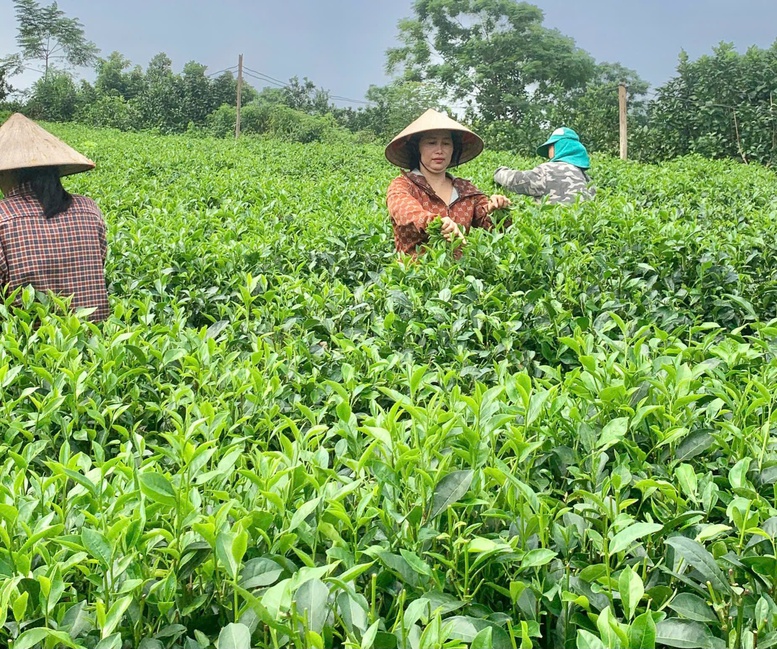
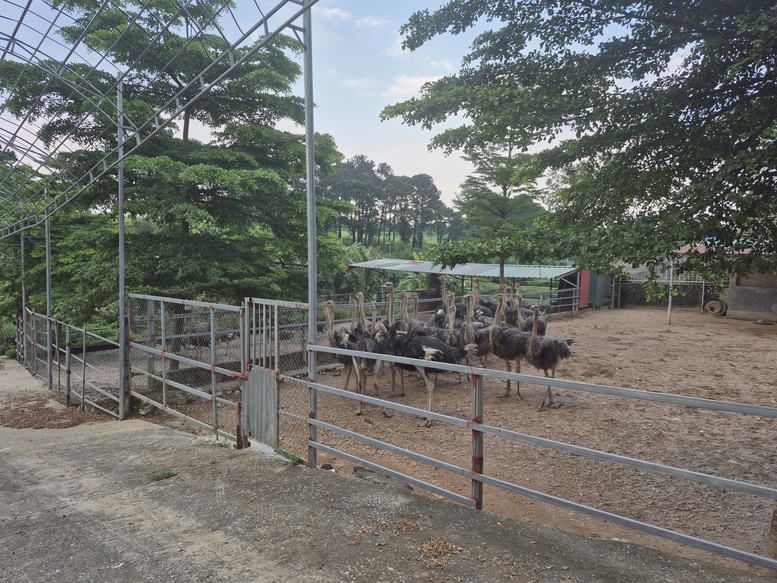

![[Photo] Solemn opening of the 8th Congress of the Central Public Security Party Committee, term 2025-2030](https://vphoto.vietnam.vn/thumb/1200x675/vietnam/resource/IMAGE/2025/10/4/f3b00fb779f44979809441a4dac5c7df)
![[Photo] General Secretary To Lam attends the 8th Congress of the Central Public Security Party Committee](https://vphoto.vietnam.vn/thumb/1200x675/vietnam/resource/IMAGE/2025/10/4/79fadf490f674dc483794f2d955f6045)
![[Photo] Bustling Mid-Autumn Festival at the Museum of Ethnology](https://vphoto.vietnam.vn/thumb/1200x675/vietnam/resource/IMAGE/2025/10/4/da8d5927734d4ca58e3eced14bc435a3)


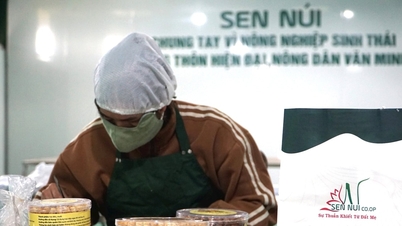



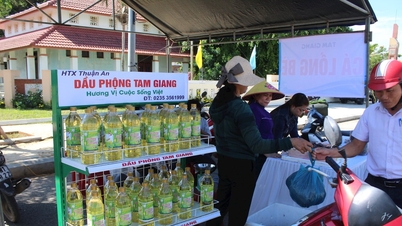

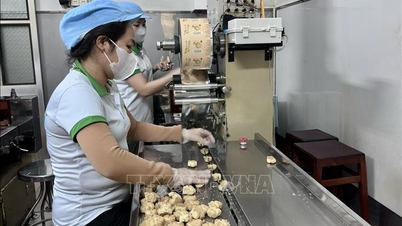



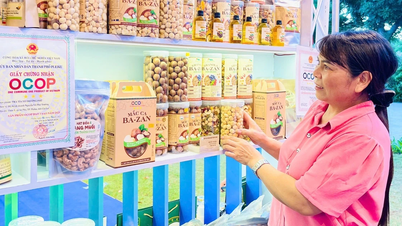

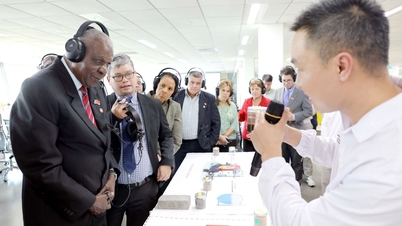











































![[VIDEO] Summary of Petrovietnam's 50th Anniversary Ceremony](https://vphoto.vietnam.vn/thumb/402x226/vietnam/resource/IMAGE/2025/10/4/abe133bdb8114793a16d4fe3e5bd0f12)

![[VIDEO] GENERAL SECRETARY TO LAM AWARDS PETROVIETNAM 8 GOLDEN WORDS: "PIONEER - EXCELLENT - SUSTAINABLE - GLOBAL"](https://vphoto.vietnam.vn/thumb/402x226/vietnam/resource/IMAGE/2025/7/23/c2fdb48863e846cfa9fb8e6ea9cf44e7)
















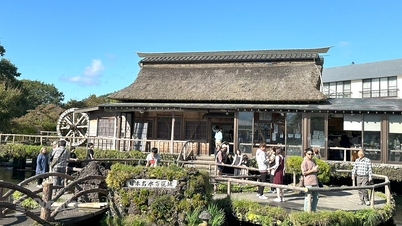



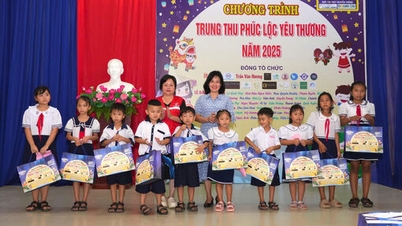

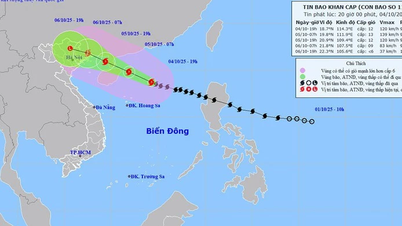

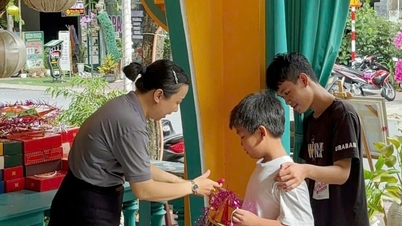








Comment (0)